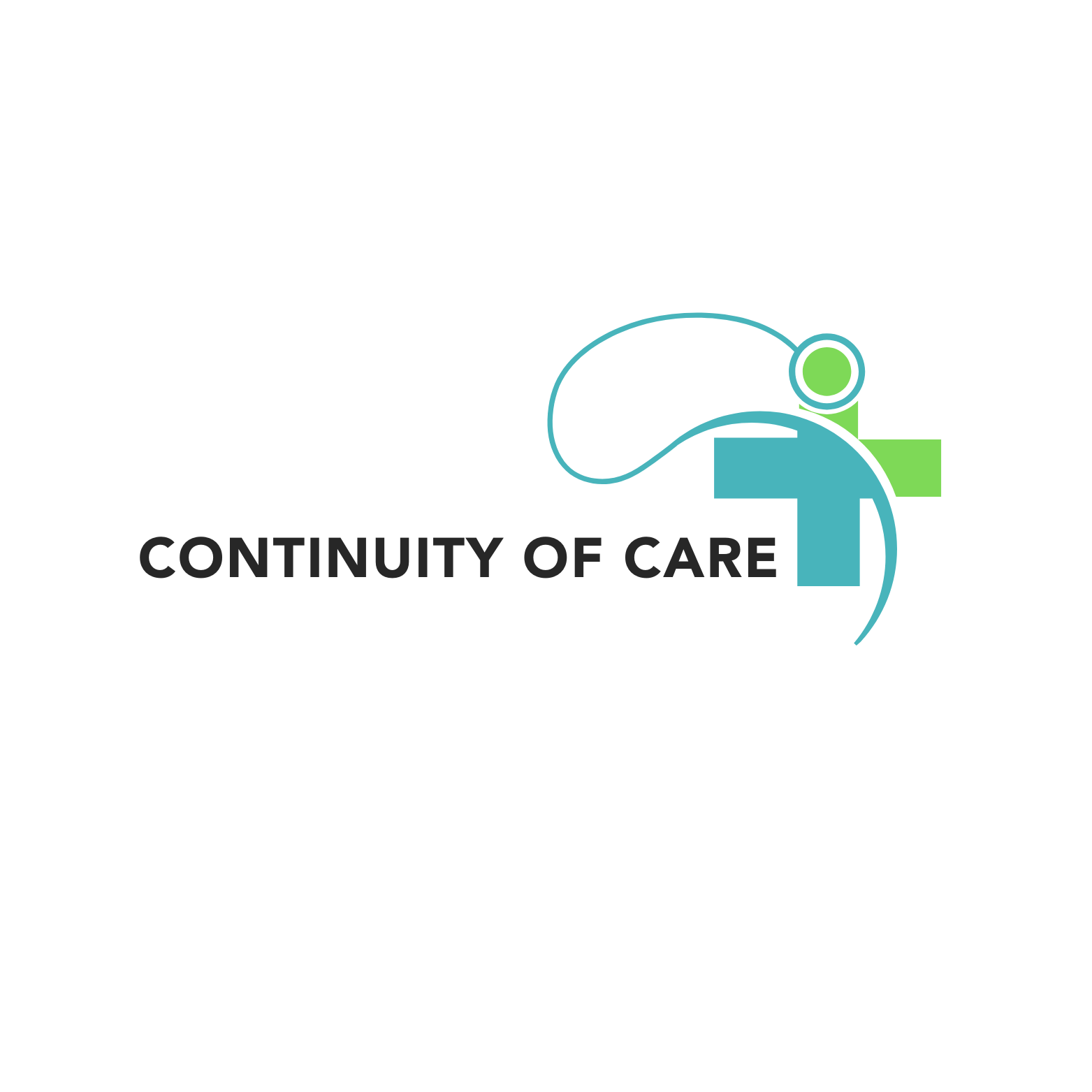What are the Different Kinds of Diagnostic Tests?
Unveiling the Mysteries Within: A Guide to Diagnostic Tests in Modern Medicine
The human body is a complicated and intricate system. And so, when it malfunctions, pinpointing the exact cause can feel like solving a detective mystery. This is where diagnostic tests come to the rescue, acting as powerful tools that unveil the underlying issues behind your symptoms. Let’s take a look into the world of diagnostic testing, exploring various techniques and their roles in safeguarding your health.
Diagnosis with a Diverse Selection of Tests
The diagnostic landscape encompasses a vast array of procedures, each offering a unique window into the body’s inner workings. Here are some of the most commonly employed tests:
- Molecular Testing: This category includes tests like the well-known RT-PCR COVID-19 test. These tests analyze a pathogen’s genetic material to detect its presence and identify specific strains.
- Antigen Testing: In contrast to molecular tests, antigen tests like rapid COVID-19 tests detect specific proteins associated with the pathogen. While offering results quickly, they may not be as definitive as molecular tests.
- Urinalysis: This simple test examines urine samples to assess various parameters, such as color, concentration, and composition. Urinalysis can reveal infections, kidney issues, and even the presence of drugs.
- Blood Tests: Blood, the body’s vital fluid, holds a wealth of information. Blood tests analyze various components like red blood cells, white blood cells, and specific proteins to identify anemia, allergies, and even potential heart problems. Specialized blood tests, like Arterial Blood Gas (ABG) analysis, can assess oxygen and carbon dioxide levels in the blood, providing insights into respiratory function.
- Stress Tests: This non-invasive procedure monitors your heart rate, blood pressure, and breathing while you exercise on a treadmill or stationary bike. By observing how your heart responds to exertion, stress tests can help diagnose coronary artery disease and other cardiac concerns.
- Echocardiogram (Echo): This test utilizes high-frequency sound waves to create images of your heart. These images allow doctors to assess the structure and function of your heart chambers and valves, providing valuable information about heart health. There are various types of echo tests, each tailored to specific needs.
- Ultrasound: This imaging technique employs sound waves to generate real-time images of internal organs and soft tissues. An ultrasound is a versatile tool used to examine the liver, kidneys, and reproductive organs, and even monitor fetal development during pregnancy. It’s important to note that, unlike X-rays, ultrasounds do not involve radiation exposure.
- X-ray: This classic imaging technique uses invisible electromagnetic radiation to capture images of bones and internal structures. X-rays are commonly used for diagnosing bone fractures, dental problems, and even certain lung conditions.
The Importance of Early Detection
Diagnostic tests play a crucial role in early detection of various health concerns. By identifying potential issues early on, doctors can intervene promptly with appropriate treatment plans. For example, early detection of heart disease through stress tests or blood tests can significantly improve patient outcomes and prevent serious complications.
Health is a Collaboration with Your Doctor
If you are concerned that you may be experiencing any symptoms, it’s vital to consult your doctor. They will review your medical history, conduct a physical examination, and potentially order diagnostic tests based on their findings. Open communication with your doctor is key throughout the process. Be sure to ask questions about the recommended tests and understand what the results might indicate.
Diagnostic tests are not one-size-fits-all solutions. The specific tests chosen will depend on your individual symptoms and medical history. However, by understanding the various types of diagnostic tests available and their significance, you can become a proactive participant in your own healthcare journey. Armed with knowledge and empowered by communication with your doctor, you can work towards achieving optimal health and Quality of Life.
